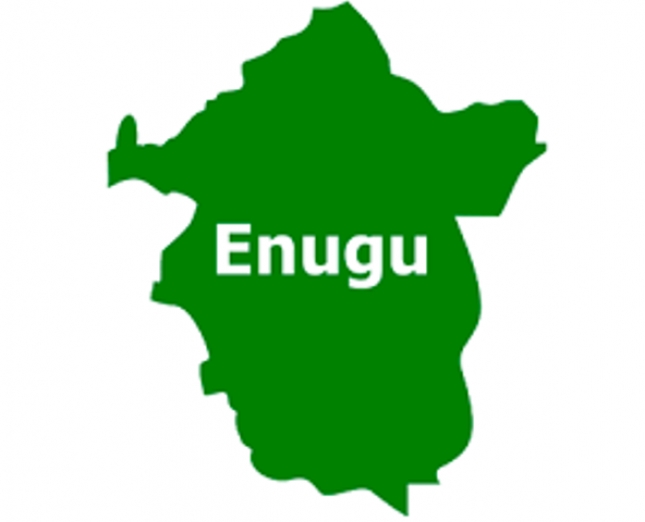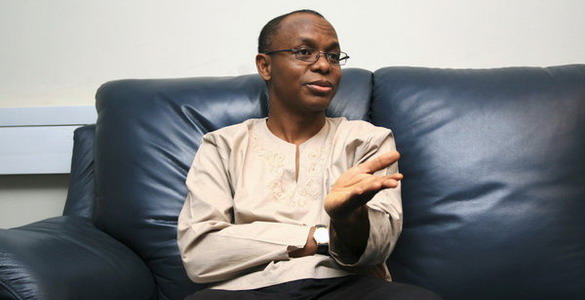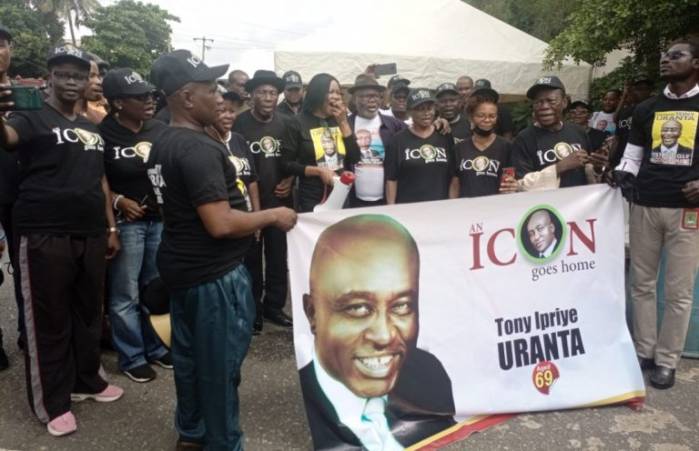With increased stability in the Nigerian foreign exchange market, commercial banks in the country continue to reap the gains of the forex market as they made N149 billion through foreign exchange trading in the nine months period that ended in September 2017.
The Central Bank of Nigeria had introduced a more flexible foreign exchange policy earlier in the year after the value of the naira hit rock bottom, amidst calls for a convergence of rates in the country.
Presently the naira sells at different rates on at least five platforms.
At the official window, the interbank market, the naira sells for N305 to the dollar while banks sells to customers at N360 and bureau the change operators sell for N362 to the dollar.
At the Investors and Exporters window the naira sells for N360.31 while it goes for N363 at the parallel market.
While the CBN says it is working towards rates convergence, banks continue to accrue gains through foreign exchange trading and investment in government securities.
As deposits and loan books moderate, banks are looking towards buffing up their income from available sources.
The Managing Director and Chief Executive of Afrinvest West Africa Limited, Ike Chioke noted that banks were first businesses that were expected to make profit, alongside their role of financial intermediation.
He explained that with rates at the fixed income market more attractive with lesser risk, banks naturally would gravitate towards where they could make more money.
“If I can make almost 20 per cent gain that is tax free and comes at a lower cost and risk, why will I go and put money where I will have a net gain of about 22 per cent with a higher risk,” he said.
A look at the nine months results of banks released show that most banks including the tier two banks are playing more in the foreign exchange and fixed securities market.
READ ALSO: New ministers coming soon -Buhari
Guaranty Trust Bank which posted a profit after tax of N125.57 billion in the nine months period had posted a forex income of N7.24 billion compared to N2.47 billion which it made from forex tradings in 2016.
Its income from trading in fixed securities rose to N2.69 billion from N538.51 million which it made in 2016.
GTB had during the period under review saw a decline in its deposit base from N1.986trillion as at December 2016 to N1.897 trillion, as its loan book shrinked to N1.428 trillion from N1.589 trillion.
Zenith Bank’s nine months financial statement revealed that while deposits increased toN3.06 trillion from N2.98 trillion, its loan book reduced from N2.289 trillion to N2.155trillion.
Its investments in foreign exchange trading however earned it more income in the period under review as forex trading income rose to N28.78 billion from N11.78 billion while investments in fixed securities brought an income of N53.02 billion, up from N4.63 billion made in the comparable period of 2016.
Likewise, United Bank for Africa which grew its deposit base and loan book slightly during the year had made an income of N2894 billion from foreign exchange trading and another N8.24 billion from investments in fixed income securities.
UBA’s loan book had grown to N1.549 trillion from N1.5 trillion while its deposits rose toN2.519 trillion from N2.48 trillion.
The bank had recorded a N60.92 billion profit after tax at the end of the nine months period.
Sterling Bank also which recorded a profit after tax of N5.90 billion during the nine month period likewise made a gain of N1.863 billion from forex trading and another N557 million from fixed income securities.
Despite a drop in the bank’s deposit base from N584.73 billion to N554.47 billion, Sterling Bank had increased its loan book to N557.44 billion from N468.25 billion.










